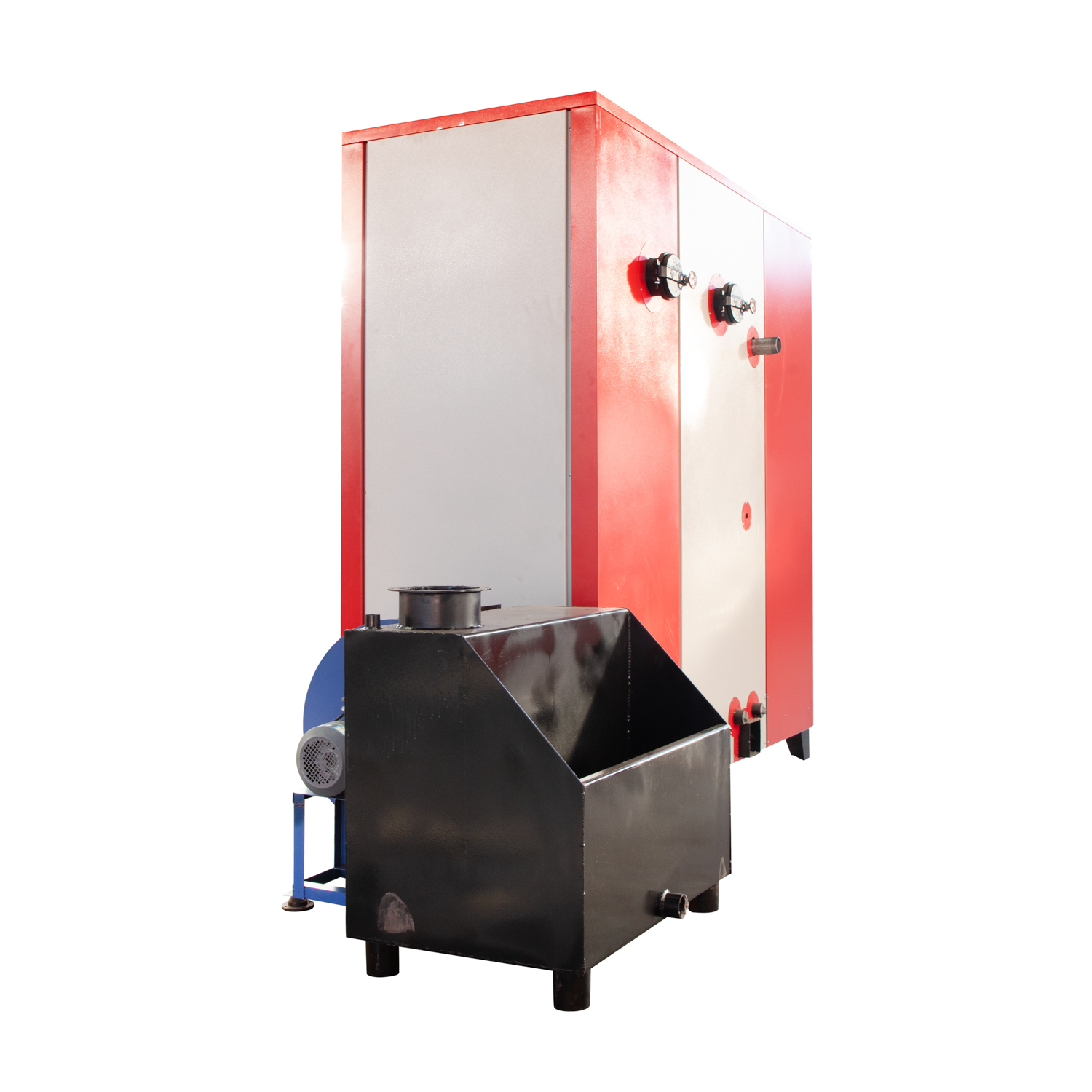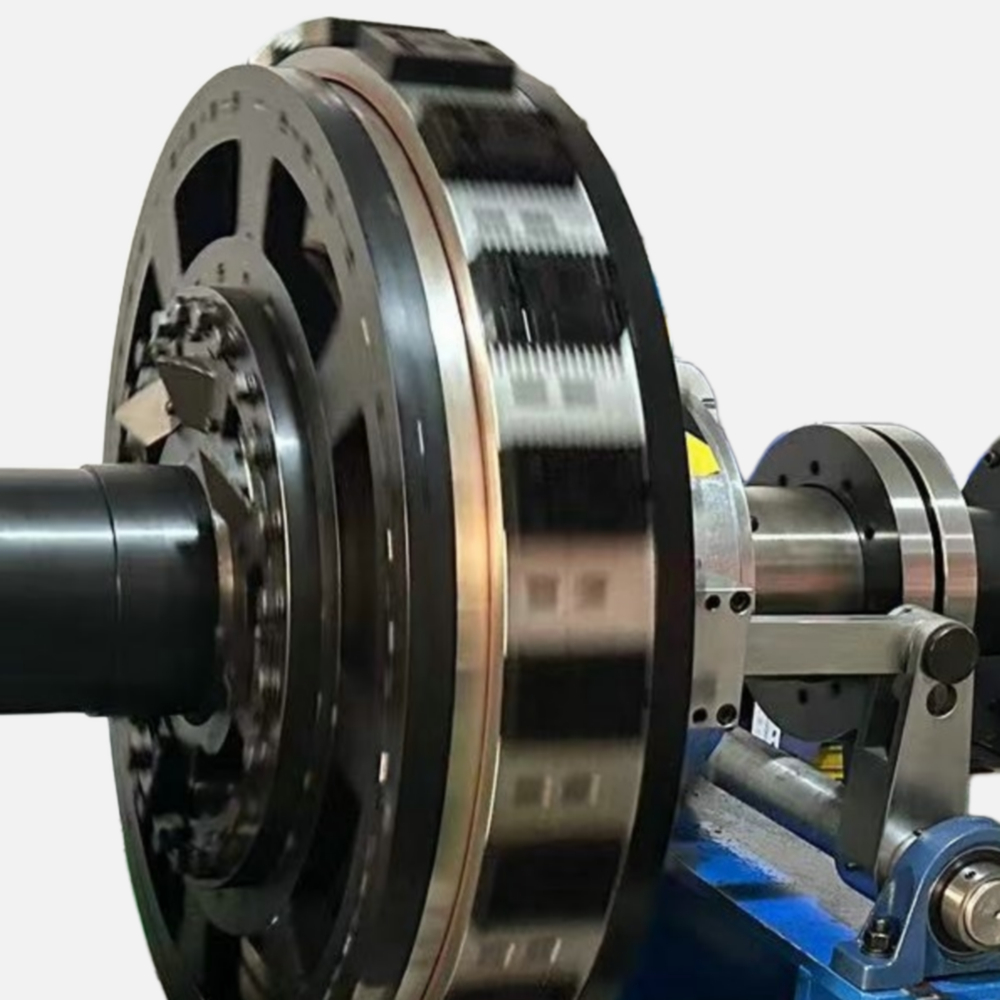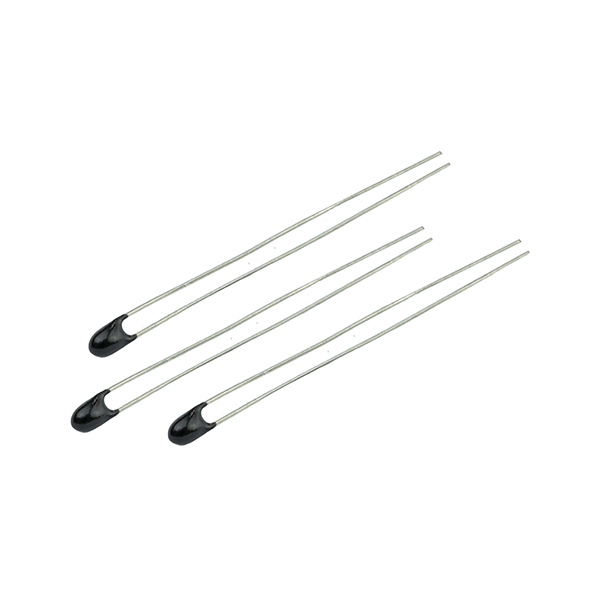Biomass hot water boilers are an environmentally friendly and energy-efficient solution for businesses in a variety of industries, ranging from food processing to hospitality. By utilizing renewable energy sources such as wood pellets, agricultural waste, and other organic materials, biomass boilers help reduce dependency on fossil fuels, lower operating costs, and contribute to sustainability efforts. However, selecting the right custom biomass hot water boiler can be a challenging task, as it needs to meet the unique heating requirements of your business. In this article, we’ll explore key factors to consider when choosing the ideal biomass boiler for your business needs, with insights from Guihong Energy-Saving Boiler, a company with over 20 years of experience in designing, manufacturing, and innovating energy-efficient industrial boilers.

1. Understand Your Business's Heating Demands
The first step in choosing the right biomass hot water boiler is to fully understand your business's heating needs. Consider the following:
-
How much hot water does your business require?
Whether you are running a hotel, food processing plant, or chemical factory, knowing your hot water demand is essential for selecting the appropriate boiler size and capacity. -
What is your production process?
Industries like food processing or textile manufacturing may have specific heating cycles that require continuous hot water or higher temperature control. -
What temperature is required for your processes?
Different processes require different temperatures, so make sure your chosen biomass boiler can provide the necessary heat range for your specific applications.
Guihong Energy-Saving Boiler specializes in custom designs tailored to the heating needs of diverse industries such as food, textile, chemical, and packaging, ensuring optimal performance and efficiency.
2. Evaluate Boiler Efficiency and Energy Savings
When selecting a biomass boiler, energy efficiency is a critical factor. A highly efficient biomass boiler can significantly reduce fuel consumption and operating costs. Look for:
-
High thermal efficiency
Biomass boilers should have an efficient heat transfer system that minimizes energy loss during combustion. -
Advanced combustion technology
Boilers equipped with advanced combustion chambers and air control systems can ensure complete fuel combustion, leading to better efficiency and lower emissions. -
Automatic control systems
Modern biomass boilers often feature smart control systems that regulate the fuel-to-air ratio and monitor combustion efficiency for optimal performance.
Guihong Energy-Saving Boiler’s biomass hot water boilers are designed with high-efficiency combustion systems, advanced automation, and intelligent energy-saving features, ensuring maximum fuel utilization and minimal energy waste.
3. Customization Options for Your Industry Needs
Every industry has unique heating demands, so it’s essential to select a biomass boiler that can be customized to meet your specific needs. Customization options include:
-
Fuel type compatibility
Biomass boilers can use different fuels such as wood pellets, rice husks, or even organic waste, depending on your location and available resources. Choose a boiler that can efficiently burn the type of biomass fuel your business uses. -
Size and capacity
A custom boiler should be sized to meet your facility's exact heating needs. Oversized boilers lead to higher upfront costs, while undersized ones may fail to meet demand, causing inefficiency. -
Temperature control
Some industries require precise temperature control for specific applications, such as food processing or chemical production. Look for a biomass boiler that offers customizable temperature settings and reliable control mechanisms.
Guihong Energy-Saving Boiler provides bespoke biomass solutions tailored to the specific requirements of industries such as food processing, hotels, and chemical manufacturing, ensuring that every boiler meets the unique demands of each sector.
4. Sustainability and Environmental Impact
As businesses increasingly focus on sustainability, it’s important to choose a biomass boiler that aligns with your company’s environmental goals. Look for features such as:
-
Low emissions
Modern biomass boilers are designed to burn fuel efficiently, producing minimal emissions. This helps businesses meet environmental regulations and reduce their carbon footprint. -
Renewable energy use
Biomass is considered a renewable source of energy, and using it for heating your business not only lowers your dependency on fossil fuels but also contributes to a cleaner environment. -
Eco-friendly fuel sources
Biomass fuels are often locally sourced from agricultural waste, forest residues, and other organic materials, reducing the need for transportation and minimizing overall environmental impact.
Guihong Energy-Saving Boiler’s biomass hot water boilers are designed to be environmentally friendly, helping businesses reduce emissions while benefiting from renewable energy sources. With advanced combustion technology and sustainable fuel options, their systems support your business’s sustainability initiatives.
5. Consider Maintenance and Longevity
Another important aspect to consider is the maintenance requirements and longevity of the biomass boiler. Choosing a boiler that is easy to maintain and has a long lifespan can save your business time and money in the long run. Here’s what to look for:
-
Durability
High-quality materials and robust construction ensure that the biomass boiler will withstand prolonged use without frequent breakdowns. -
Easy maintenance
A well-designed boiler should require minimal maintenance and be easy to clean. Look for features such as automatic ash removal, self-cleaning systems, and accessible service points. -
Warranty and support
Choose a manufacturer that offers comprehensive warranties and ongoing technical support to ensure that your biomass boiler remains in optimal working condition.
Guihong Energy-Saving Boiler provides boilers built with durable materials and innovative maintenance features, ensuring long-term performance and reliability. They also offer professional installation and maintenance services to help businesses maximize the life of their biomass boilers.
6. Compliance with Industry Standards
When selecting a biomass hot water boiler, make sure it complies with local and international safety, environmental, and quality standards. This includes certifications such as ISO9001:2015 and other industry-specific requirements.
Guihong Energy-Saving Boiler is ISO9001:2015 certified, demonstrating their commitment to producing high-quality, reliable, and safe biomass boilers that comply with industry regulations. Their products are designed to meet the specific standards of industries such as food, textiles, chemicals, and hospitality.
Conclusion: Make the Right Choice for Your Business
Choosing the right custom biomass hot water boiler is a crucial decision that impacts your business's energy efficiency, operational costs, and environmental footprint. By understanding your heating needs, evaluating efficiency, and considering customization options, you can select a boiler that perfectly suits your business requirements.
Guihong Energy-Saving Boiler, with over 20 years of experience in manufacturing energy-efficient boilers, offers custom biomass hot water boilers that are designed to meet the unique needs of industries like food processing, hospitality, and manufacturing. Their advanced technologies, commitment to sustainability, and expert design and maintenance services ensure that your biomass boiler operates at peak efficiency, delivering long-term benefits to your business.
If you’re looking for a reliable, energy-efficient, and environmentally friendly heating solution, Guihong Energy-Saving Boiler can provide the ideal custom biomass hot water boiler to meet your specific needs.
www.ghboiler.com
Anhui Guihong energy-saving Boiler Co., Ltd.


More Stories
Core Technology of Speed Adjustable Permanent Magnet Couplings
Structural and Performance Advantages of RF Admittance Level Sensors
Epoxy Thermistors vs. Glass-Packaged Thermistors: Key Differences and Advantages